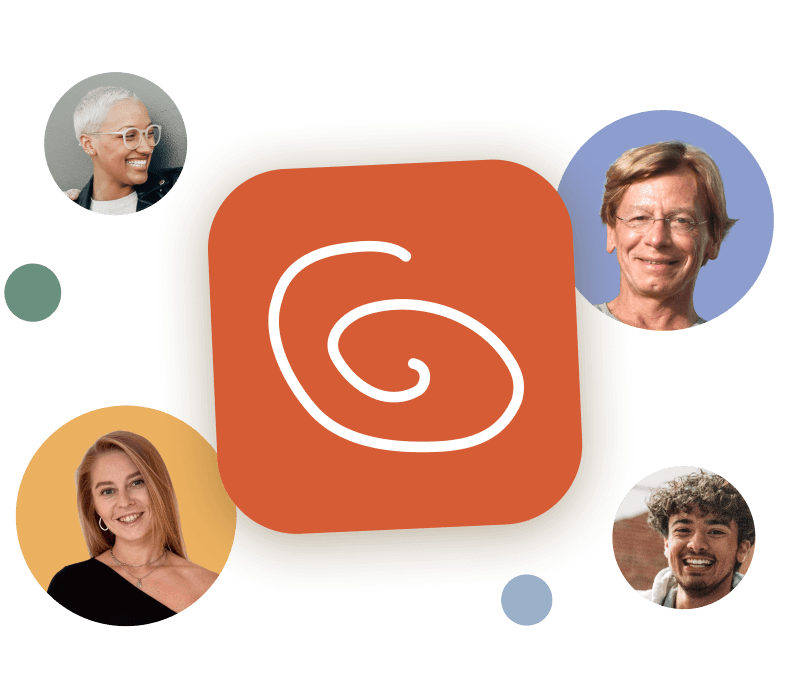What Science Says About Food Guilt (And How to Let It Go)
Do You Ever Feel Guilty About Food?
Have you ever eaten something and immediately felt like you broke an unspoken rule? That overwhelming guilt is all too common — and you’re not alone. Food guilt often comes from rigid beliefs about “good” and “bad” foods, shaped by diet culture, societal pressure, or personal experiences.
But here’s the truth: eating is a basic human need, just like breathing or resting. Feeling guilty about food doesn’t have to be your reality.
Let’s explore why food guilt happens, what science says about it, and how to let it go — so you can enjoy food without the emotional baggage.
Why Do We Feel Guilty About Food?
Food guilt is usually tied to beliefs or “rules” we’ve internalized, such as:
Breaking a “rule” about eating clean or healthy
Eating more than planned or at unusual times
Using food to cope with emotions and states like stress, boredom, or loneliness
Feeling pressure to control eating habits
Eating foods you’ve labeled as “off-limits”
Food guilt isn’t about the food itself — it’s about the meaning we’ve attached to it.
What Science Says About Food Guilt
Research shows that guilt around eating often does more harm than good, leading to cycles of restriction, overeating, and even more guilt. The Minnesota Starvation Experiment (which we’ll explore in detail in a future article) demonstrated how restrictive eating can lead to food obsessions, bingeing, and emotional distress — even in otherwise healthy men.
On the other hand, regular, balanced meals that include a variety of foods can help reduce cravings and restore natural hunger and fullness cues. Numerous studies show that letting go of restrictive rules and adopting a consistent, flexible approach to eating fosters a healthier relationship with food, often reducing or eliminating guilt.
How to Let Go of Food Guilt
Here are some simple steps to break free from food guilt:
1. Pause and Reflect
When guilt arises, ask yourself:
What was I feeling/thinking/doing before I ate?
What belief or “rule” might be triggering this guilt?
Shifting from judgment to curiosity helps you better understand your relationship with food.
2. Challenge Food Rules
Identify any “rules” you’ve set for yourself. Are they realistic? Remind yourself that all foods can have a place in a balanced diet. There are no 'good' or 'bad' food.
3. Practice Self-Compassion
Instead of judging yourself, show the kindness you’d offer a friend. Remember, it’s okay to make choices that nourish your body and soul. It's ok to have a snack, it's ok to have 'liquid' calories. It's ok to enjoy food!
4. Embrace Regular, Balanced Eating
Consistently eating regular, balanced meals helps reduce the emotional intensity around food. Aim to include proteins, carbs, and fats in your meals — and allow yourself to enjoy all foods without judgment. It might feel challenging at first, but gradually reintroducing "fear foods" into your life can make a significant difference over time.
The Takeaway
Food doesn’t need to carry guilt. Eating is a fundamental part of life, and it’s okay to enjoy it without self-judgment. Nourishing your body with regular, balanced meals — including all types of food — helps prevent cravings and the cycle of restriction and overindulgence.
Remember, healing your relationship with food is a journey, and you don’t have to walk it alone.
Join our Recovered Space Community where we’re exploring how to replace guilt with kindness, challenge harmful beliefs, and build a life where food no longer feels like the enemy.
Let’s start this journey, together.





